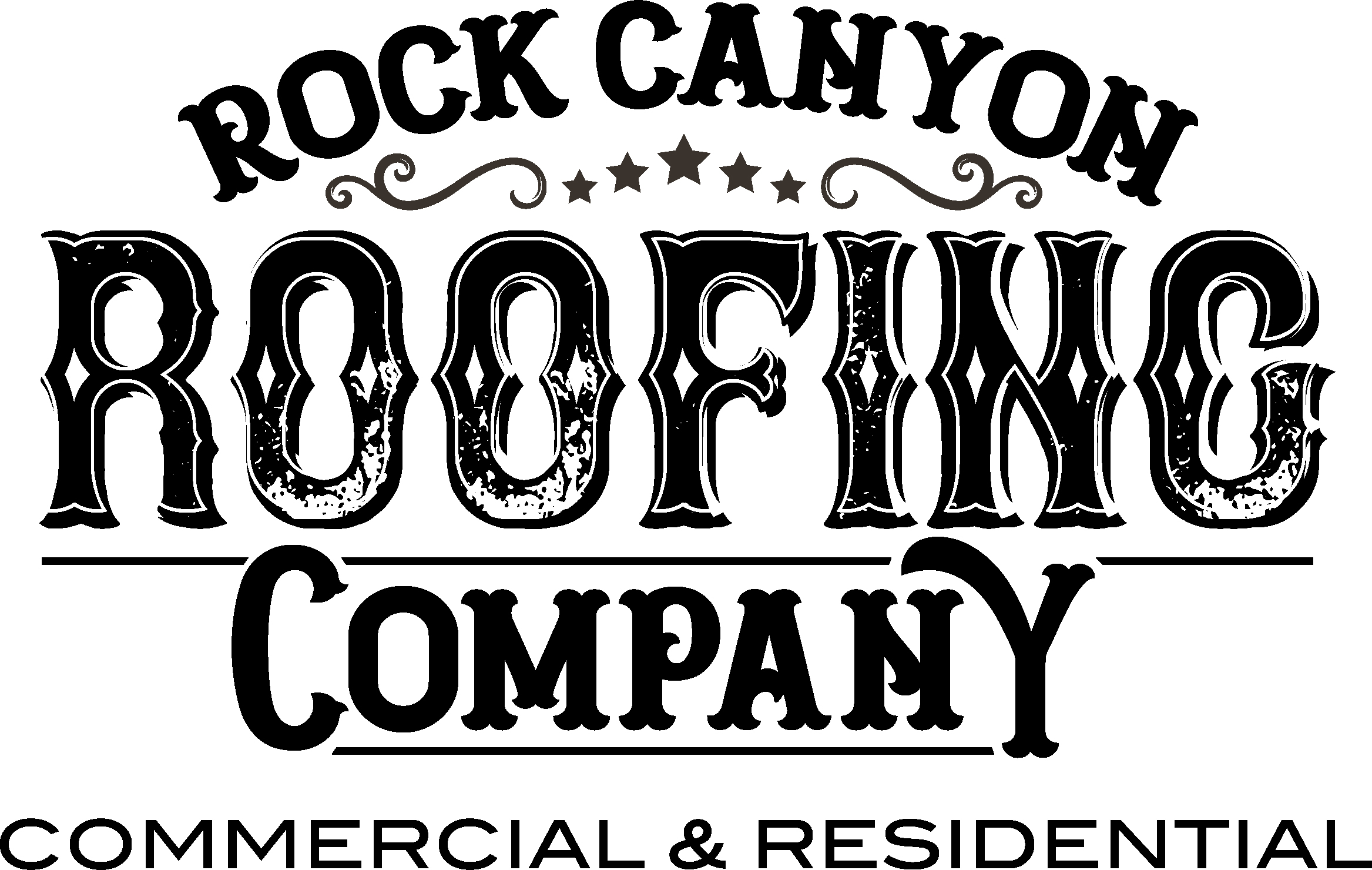When choosing a shingle product for your home, it is important, first, to understand what types of products are out there and the pros and cons for each. The most popular products are impact resistant and standard asphalt shingles.
To begin with, there is no such thing as a “Hail Proof” roof. However, there are many products out there that are “Impact Resistant” or even “Hail Resistant”. A standard asphalt shingle roof is designed to cover the home and last 30 years, assuming there is no major weather event. They are, typically, not as thick as an impact resistant shingle and will cost less. This is the most common type of product that is installed by large track home builders.
An Impact resistant shingle is made of the same material as a standard shingle; however, it is much thicker and can withstand more of an impact. In an area where hail is common, it would make most sense to replace a current roof with this type of shingle.
What are the Advantages of installing impact resistant shingles?
- Most insurance companies offer discounts for installing an impact resistant shingle roof, any where from 15% – 25%.
- If you are in an area that is commonly hit with hail, it can reduce the number of claims you have to file to replace the roof.
What are the disadvantages of installing impact resistant shingles?
- If you use a basic impact resistant shingle with a class 4 rating, many insurance companies are adding cosmetic damage riders to the policy, stating that they will not replace the roof if the damage is strictly cosmetic. For example, if you have an Owens Corning Storm impact resistant shingle, industry standard class 4, and the house gets hit with ¾ inch hail that causes hail pocks all over the roof, it will normally trigger a roof replacement in an insurance claim. However, if the policy includes the cosmetic rider, insurance will not cover the replacement of the roof.
- If the hail damage does not penetrate all the way through the shingle or fracture the backside of the shingle, it is considered cosmetic damage.
- Typically, the cost is higher than a standard shingle.
- When it comes time to sell the property and there is cosmetic damage, it is very likely an inspector will flag the roof, causing potential delays in closing.
It is important to understand the difference between standard and impact resistant shingles and how your decision may impact future maintenance of your home. Before you decide on the type of shingle to install, make sure you get a free inspection by a licensed roofing contractor and read through your insurance policy for any additional riders that may impact your decision.


Recent Comments